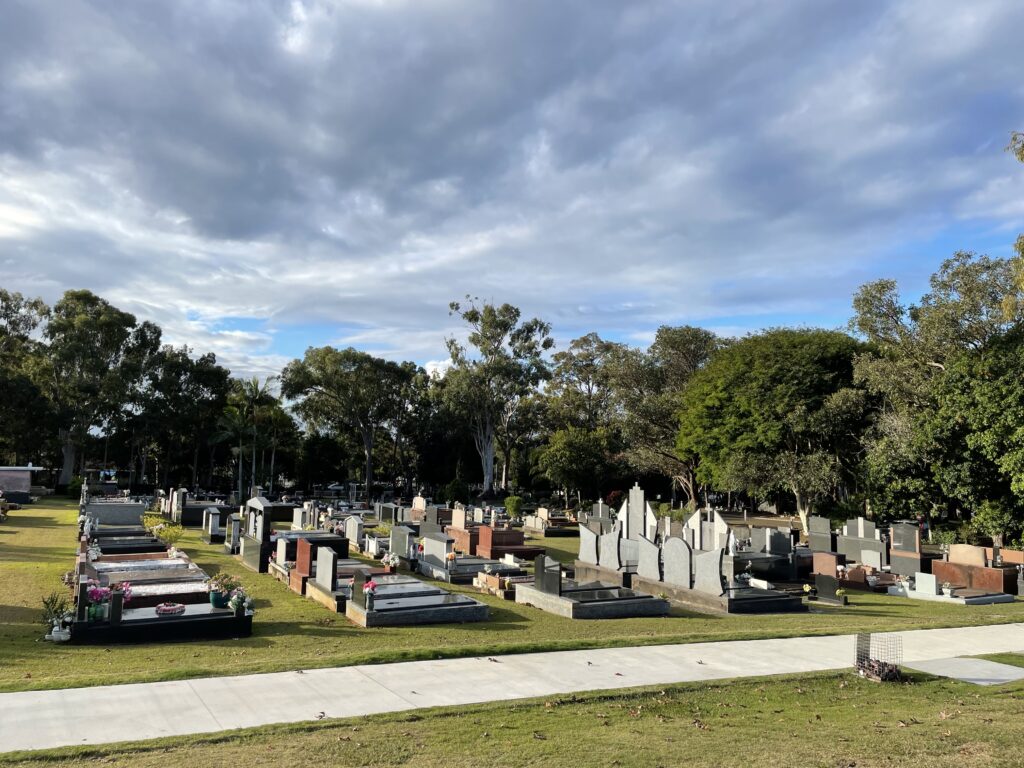Fifty years ago, I entered a small liberal arts college for my undergraduate study.
Now, 50 years later, many of us in the in-coming class of 1972 would either be close to 70 or over 70 (I’m 73). Two new realities may be facing some of us — our own ageing, and possibly having elderly parents of advanced age (which can present numerous challenges).
At this stage of life, I am reminded of the temporariness and impermanence of our physical lives. It’s an inescapable reality — whether Christian, Jewish, Muslim, Hindu, or some other religion, or having no religious affiliation.
Here are four stages in our journey to acceptance of the ageing process: (1) lightning strikes, (2) coming to terms, (3) adaptation, and (4) acceptance. These points have been taken from the book Aging as a Spiritual Practice by Lewis Richmond (2012):
[1] Lightning Strike
The lightning strike is typically something totally unexpected; a wake-up call — such as a grave illness, a serious car accident, a lengthier hospitalisation, the death of a loved one, etc . It’s when we first realise that we are indeed becoming an older person. We may have been accustomed to seeing ourselves with a certain identity — but that may gradually no longer be the case. The lightning strike shows us that life is temporary and impermanent.
[2] Coming to Terms
Having experienced the lightning strike, we have to come to terms and align our outlook with the truth of what has transpired. This may not be easy and it will take time to absorb the reality of what is happening to us.
[3] Adaptation
The next phase is adapting. We may have to make practical changes in our lives — and let go of certain activities and expectations. Flexibility is vital — we cannot tightly cling to our own wishes and desires.
[4] Acceptance
Finally, and hopefully, we will reach acceptance — after living through the previous three phases. We now accept the new reality of our life wholeheartedly — and no longer continually yearn for things to be different.
Source: The above four points are based on the book Aging as a Spiritual Practice: A Contemplative Guide to Growing Older and Wiser by Lewis Richmond (Penguin Books, 2012).
In reflecting further, I believe that Lewis Richmond’s four recognisable stages in the ageing process are definitely valid. However, how we each experience ageing remains an individual journey.
Drawing on Aging as a Spiritual Practice, I offer the following synthesis:
(1) AWARENESS
This is where we become aware, for the first time, that we are now indeed growing older. It may be a “lightning strike” event or “wake-up call” in some form, but does not have to be. However, we now suddenly realise, “Whether I like it or not, I’m aware of having reached the stage of life where I’m ageing and now an older person.” Maintaining awareness is important in life. Lewis Richmond writes: “Remain aware and awake, regardless of what is going on. Many of our strengths and faculties decline as we age, but our ability to pay attention can be practiced, … and can persevere and even grow.” (Lewis Richmond)
(2) ACCEPTANCE
This is coming to terms with the fact that we are now older. We’re at peace with the natural process of ageing — we no longer resist or fight what is inevitably occurring. We may also have to accept certain health issues (such as the onset of diabetes, atrial fibrillation, low blood pressure, chronic fatigue, etc.), sometimes concomitant with ageing.
(3) ADAPTATION
Having accepted ageing as a part of life’s journey, we’re ready to adapt our lives accordingly. We no longer compare ourselves to the past, but are able to rest in the age we are now. “As long as we keep comparing ourselves to a younger, better self (who may have been better only in hindsight), we shortchange the possibilities for becoming an older, wiser one. The wisdom of Adaptation begins in the willingness to let go of who we used to be and embrace who we are now … The challenge of the stage of Adaptation is how well we can adjust and remain flexible as the signs of wear and tear in our world grow more noticeable. One of the clear results of current aging research is that—physically, mentally, and emotionally—those who remain flexible and roll with the punches age the best, stay the healthiest, and live the longest. Adaptation and flexibility are our best strategies for keeping abreast of our aging, and the keys to creating freshness and new opportunities as we age. We need to remember that change works both ways. It is not just wear and tear; it is also new beginnings.” (Lewis Richmond)
(4) APPRECIATION
We are grateful for our life’s journey and are now able to fully live life, albeit in a different manner — namely, with growing older gracefully and meaningfully. This final stage, Appreciation, arrives when adaptation blossoms into full acceptance.
“Gratitude, with no complaints, is the attitude that I would like to have, not only at the end of my life, but from now until then. May it be so for all of us!” (Sylvia Boorstein quoted in Aging as a Spiritual Practice.)
I have found these stages of the ageing process personally most helpful and meaningful — and may well fall back on them as reminders for the remainder of my life. The four points can help us to grow older gracefully.
Alexander Peck
(October 10, 2022)
About the Book: Aging as a Spiritual Practice
In Aging as a Spiritual Practice, Buddhist priest and teacher, Lewis Richmond, describes the four stages of aging, providing an uplifting look at life’s enriching journey.
Drawing on the teachings of Buddhism, he urges us to rejoice in getting older, not to fight it; to adapt to a different way of living rather than trying to chase a mythical elixir of youth in a quest to stay younger for longer. He says: ‘Everything is aging, all the time. We age from our first breath. The problem is not aging per se, but our view of it’.
Whether you’re 30, 60 or 100 there are life-enhancing lessons to learn and a wealth of opportunities in which to experience true joy. With traditional Zen exercises and anecdotes from people of all ages sharing their positive experiences, Lewis teaches us to embrace change and see aging as simply an opening up of new paths. He shows us how we often fail to appreciate the wisdom we develop as we go through life and teaches us that to truly develop contentment we must spend more time with our close ones and in looking inwards at ourselves. (Source: amazon.com.au)
About the Author: Lewis Richmond
For further information about Lewis Richmond, please visit: https://www.lewisrichmond.com/
A Course on Aging as a Spiritual Practice
“Getting older is the greatest teacher.”
When asked why we meditate Suzuki Roshi answered, “So we can enjoy our old age.” Join the author and Zen teacher Lewis Richmond for an exploration of how meditation and inquiry can bring ease to growing older. We will learn about the four stages of aging, how to work with fear, how to cultivate gratitude, our role as elders, and the sacred presence inherent when we rest in awareness. Aging is a reality of life. It can be challenging but it can also be something we enjoy.
https://learn.tricycle.org/p/aging-as-a-spiritual-practice

Beyond a certain age, we don’t need to be convinced that we are aging and that aging has its difficulties. We all know that. But how can we do it in the best possible way, toward the very best end?
(Lewis Richmond, Aging as a Spiritual Practice)

Ultimately, of course, each one of us will definitely reach the very end of our present life. May we be prepared for that day to the best of our ability.
(Alexander Peck)
